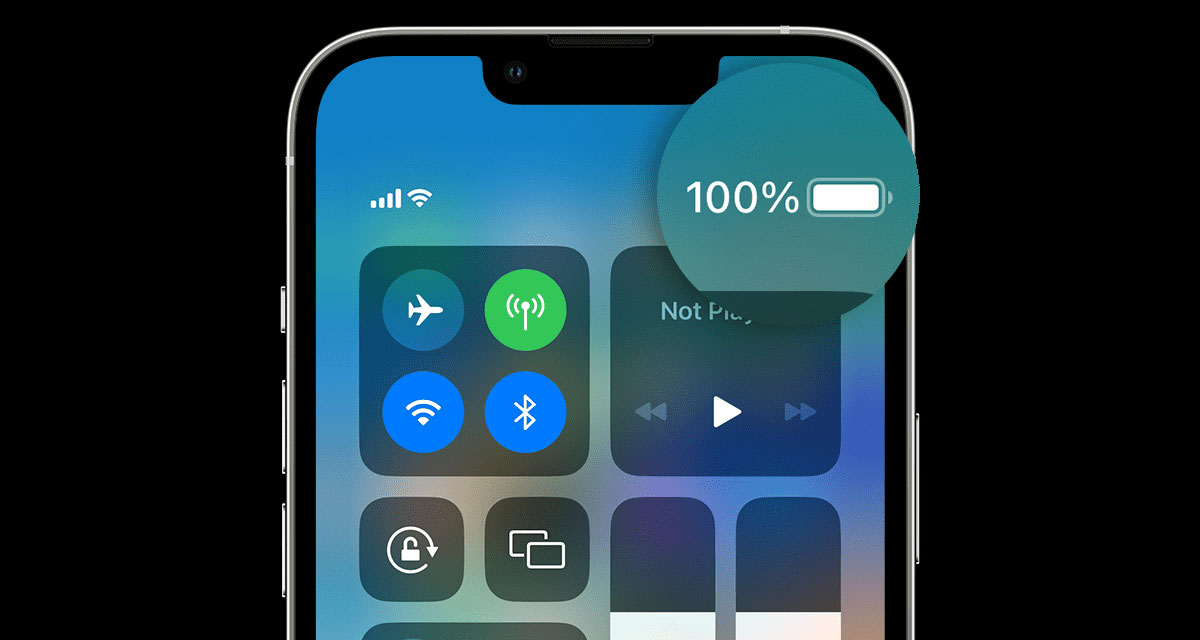iOS 16.5 has been out in the hands of the public for a while now, but some users still continue to hold back on the update unsure of what impact the update will have on their iPhone’s battery performance?
Lucky for us, iAppleBytes has conducted a detailed comparison between different iPhones ranging from the iPhone 8 to the iPhone 13; all running the latest iOS 16.5 release.

iAppleBytes tells us that the video was shot 2 days after iOS 16.5 was installed, allowing the OS to settle in before running the Geekbench 4 battery benchmark test.
Geekbench 4 battery scores measure the battery life of a device when running processor-intensive applications. It provides a consistent workload to the device, and generates a Geekbench score by evaluating the amount of work that it is able to do while the battery is discharging and the amount of time it takes for the battery to discharge.
It is no secret that Apple’s latest updates usually impact different iPhone or iPad models differently, so if you’re particularly concerned by slight variables in battery life, we suggest you watch the video to find your answer. We wouldn’t want to give away the results right here, but let’s just say things aren’t all that peachy.
So without further ado, let’s dive right into the video. Let us know in the comments section what you think about iOS 16.5 and its impact on your iPhone’s battery performance.
You may also like to check out:
- Download: iPadOS 16.5 Final OTA File, IPSW Links Released
- How To Fix Bad iOS 16 Battery Life Drain [Guide]
- Jailbreak iOS 16.5 On iPhone And iPad Latest Status Update
- iOS 16 Compatible And Supported iPhone, iPad, iPod touch Devices
- iOS 16 Hidden Features: 100+ Changes Apple Didn’t Tell Us About
- Download: iOS 16.5 Final OTA File, IPSW Links Out Now
- Download: iOS 16.6 Beta 1 OTA Update, IPSW Links Out Now
- Install macOS Ventura On Unsupported Macs Using OpenCore, Here’s How
You can follow us on Twitter, or Instagram, and even like our Facebook page to keep yourself updated on all the latest from Microsoft, Google, Apple, and the Web.
